8 Signs You Could Have Brake Problems
Car brake repair and brake servicing are important parts of proper vehicle maintenance. When you take care of your brakes, they’ll take care of you when you need them most. However, even with regular maintenance, the brakes on your vehicle may require a professional inspection and servicing if you encounter one or more of these eight brake problem warning signs and symptoms.
1. Brake Light On
If a brake light indicator appears on your dashboard, it’s either time for your regular maintenance or it’s an alert to a potential problem. These are some of the more common dashboard alerts that appear in today’s vehicles. Note: Consult your vehicle owner’s manual for possible causes for these and other indicators.
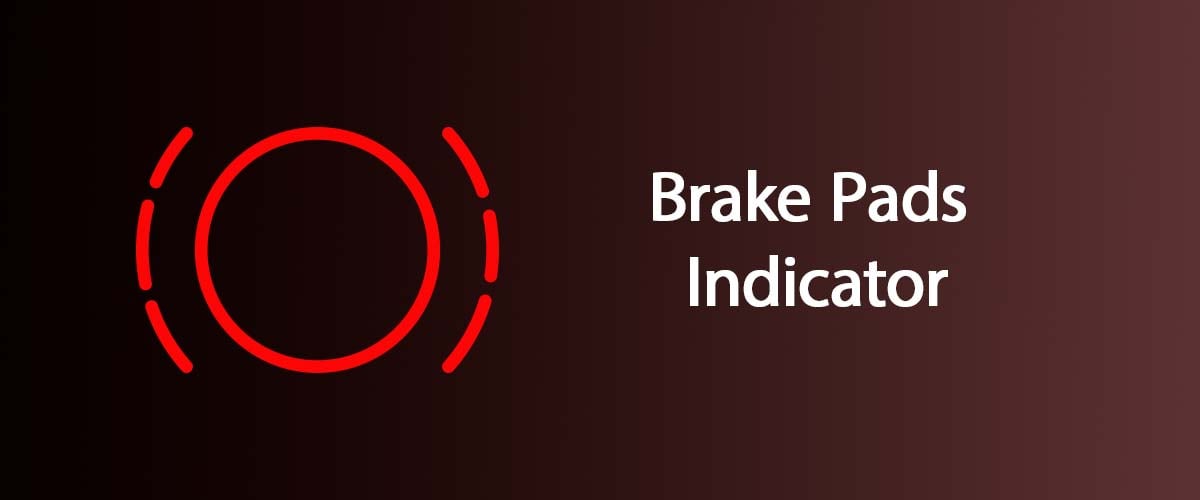
Brake Pad Indicator
This light lets you know your brake pads may be wearing out, along with other non-visible reasons. Either way, get them inspected at Les Schwab.
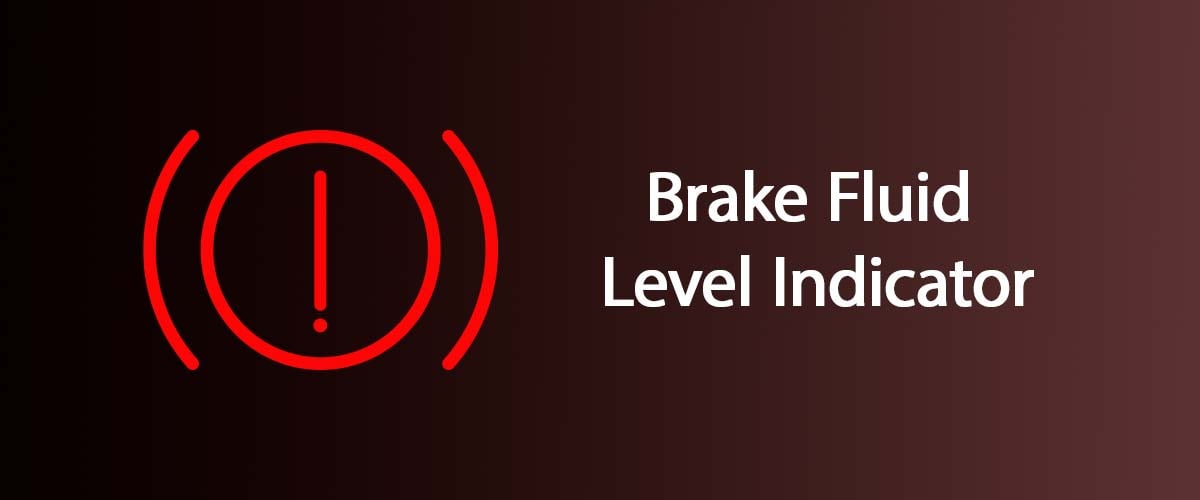
Brake Fluid Level Indicator
This light will flash when your brake fluid levels are low. You may be able to top off the fluid to keep your brakes functioning properly, or stop by your local Les Schwab and we’ll give you a hand.
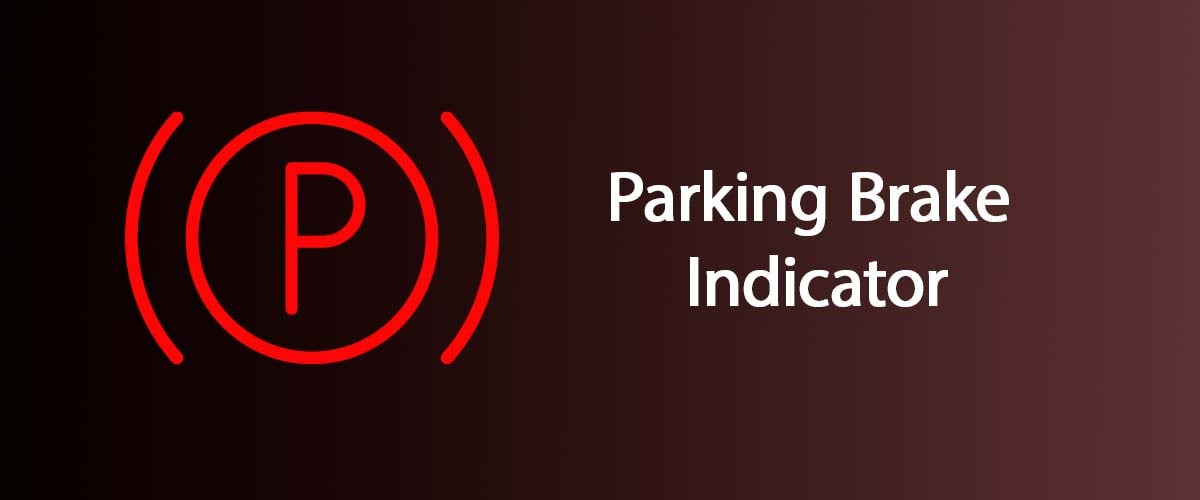
Parking Brake Indicator
When this light appears, your parking brake is either engaged or there is a problem with it. To diagnose the possible issue, engage and disengage your parking brake. If the indicator goes away, there are no issues. If it still won’t go away, come to Les Schwab.
Les Schwab Tip: see our post about dashboard lights to understand the most common vehicle alerts.
2. Squealing or Squeaking Noises
Odd or unusual noises coming from your brakes aren’t always a sign of problems. It could just be a foreign object lodged in your brakes (a pebble or debris). It could also be your brake-pad wear indicators. These bits of metal in your brake pad come in contact with the rotor to emit a high-pitched noise when you apply the brakes. This lets you know it’s time to get your brake pads replaced.
3. Grinding Noises
Grinding noises, whether you have disc or drum brakes, could mean your brakes need servicing right away. In some cases, the sounds may be the brake pad or shoe scraping on metal contact points. A trip to Les Schwab is recommended when you hear or feel any form of brake grinding.
4. Wobbling, Vibrating, or Pulsing When Braking
If your steering wheel or vehicle shakes, vibrates, or pulses when you apply the brakes, it could be an uneven rotor. Brake rotors, which are a vital part of your disc brakes, are large metal discs attached to both ends of your vehicle’s axle. When you hit the brakes, the brake pads push against the rotors, which stops your wheels from spinning.
Wobbling, vibrating, or pulsing can occur if the rotor surface area is not flat (has uneven areas). Over time, it’s normal for the rotor surface to wear down and possibly become uneven. Braking friction, when you apply the brakes, results in the transfer of pad material to the rotor surface. If the pad material transfers unevenly, you may experience vibration when braking. Left uneven, the material will continue to accumulate, worsening over time. During brake servicing, the face of the rotor should be smoothed or evened out to correct flaws and keep you from feeling a wobble when you brake. If the rotors are too far worn to be serviced, they will need to be replaced.
5. Leaking Fluid
When you apply your brakes, a lot of things happen all at once. An important part of the process involves brake fluid. This is used to create hydraulic pressure, which pushes the brake pad against the rotor (the large metal disc attached to the end of your axle). If your vehicle has no brake fluid, you won’t be able to stop safely. Check your vehicle’s brake fluid often. Not sure how? Stop by Les Schwab and we’ll be glad to help.
6. Spongy or Soft Brakes
When you press on the brakes, you want to feel some resistance. If they feel soft or the pedal goes all the way to the floorboard, it could indicate air or moisture in the braking system. It could also be a problem with the master cylinder, which is often located in the engine compartment near the brake pedal. This cylinder is where the whole braking system starts. If the master cylinder is malfunctioning, the pressure you apply to the brakes won’t activate the calipers to then press the pads against the rotors. In other words, you might not stop when needed. If you notice spongy or soft brakes, get to Les Schwab.
7. Car Pulling to One Side When Braking
While this could be caused by any number of vehicle issues, it could be your brakes. When this happens on the front brakes, one brake may be working while another is not. This causes pull in the direction of the side that is creating braking force (still working). If only one rear caliper is not working properly, it can go unnoticed. Get your brakes inspected regularly at Les Schwab to spot these issues before they become a problem.
8. Burning Smells
A sharp, chemical odor could be a sign of overheated brakes. To avoid brake failure, pull over to a safe place and allow the brakes to cool. Double-check that the parking brake is off. If there’s any smoke coming from a wheel, it may be that the brake caliper is malfunctioning and locked in place. In this case, it may be unsafe to continue driving without immediate repairs.
What Happens If You Drive With Bad Brakes?
Driving with bad or worn brakes can be dangerous for you and your family — especially if those brakes fail to stop your vehicle when necessary. If you experience any of these 8 brake problems or warning signs, get them inspected and serviced immediately. Don’t wait. Your safety is riding on them. Stop by Les Schwab for a free visual brake inspection and recommendations to get your brakes in tip-top shape.
How Do I Know If I Really Need New Brakes?
There are a lot of moving parts and special fluids to consider when diagnosing your brakes. When dust and small rocks get into your braking system, you’ll hear some concerning squealing. Thankfully, that issue is easy to fix. Other problems require immediate repairs. We have some tips to help you decide if you really need brake servicing. If you’re still not sure, stop by Les Schwab and our pros will take a look.
How To Extend The Life Of Your Brakes?
Getting the most out of your brakes can add safety to every outing and save you money. Tips include carefully watching traffic to avoid stomping hard on the brakes, planning ahead when driving in the snow and rain so you’re not constantly applying brake pressure, as well as other smart driving tips to prolong the life of your pads and rotors. Check out these three essential tips.
Les Schwab Knows Brakes and Safety
The more you drive, the quicker your brake parts will wear out. Delaying needed services could put you at risk. Anytime you experience braking problems or want to have your brakes professionally checked, get to your local Les Schwab. Our pros understand how every part of your braking system works together for your safety. Schedule your appointment, or just stop by and we’ll help you get safely back on the road.
What you need to know
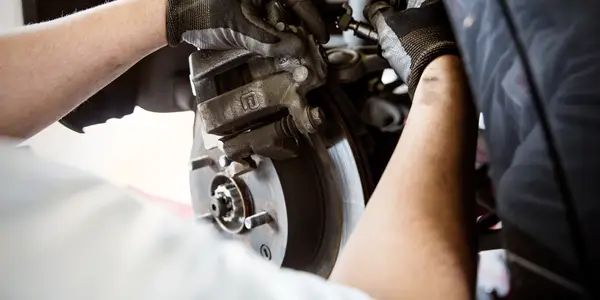
Brake Servicing & Inspection: Choosing the Right Place for Your Car
Ensure your vehicle’s safety with regular brake maintenance. Learn what to look for before servicing to ensure fair treatment and quality work.
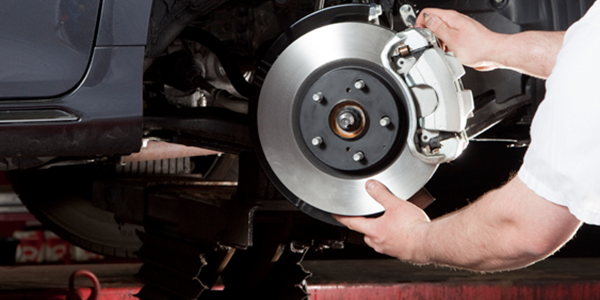
Why Are My New Brakes Squeaking?
New brake pads are likely to squeak and make other sounds due to a few different factors. Understand if the noises you are hearing are normal or problematic.
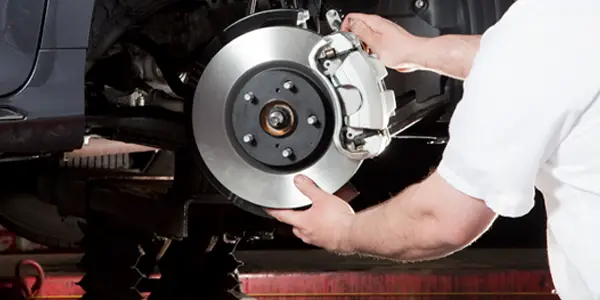
Understanding Brake Shoes vs. Brake Pads
Understand the differences between brake shoes vs. brake pads and what each of these brake components do to maintain your safety on the road with this Les Schwab guide.

